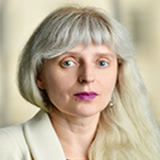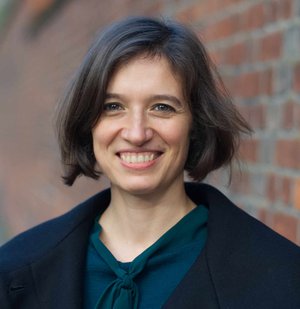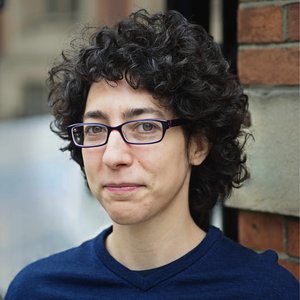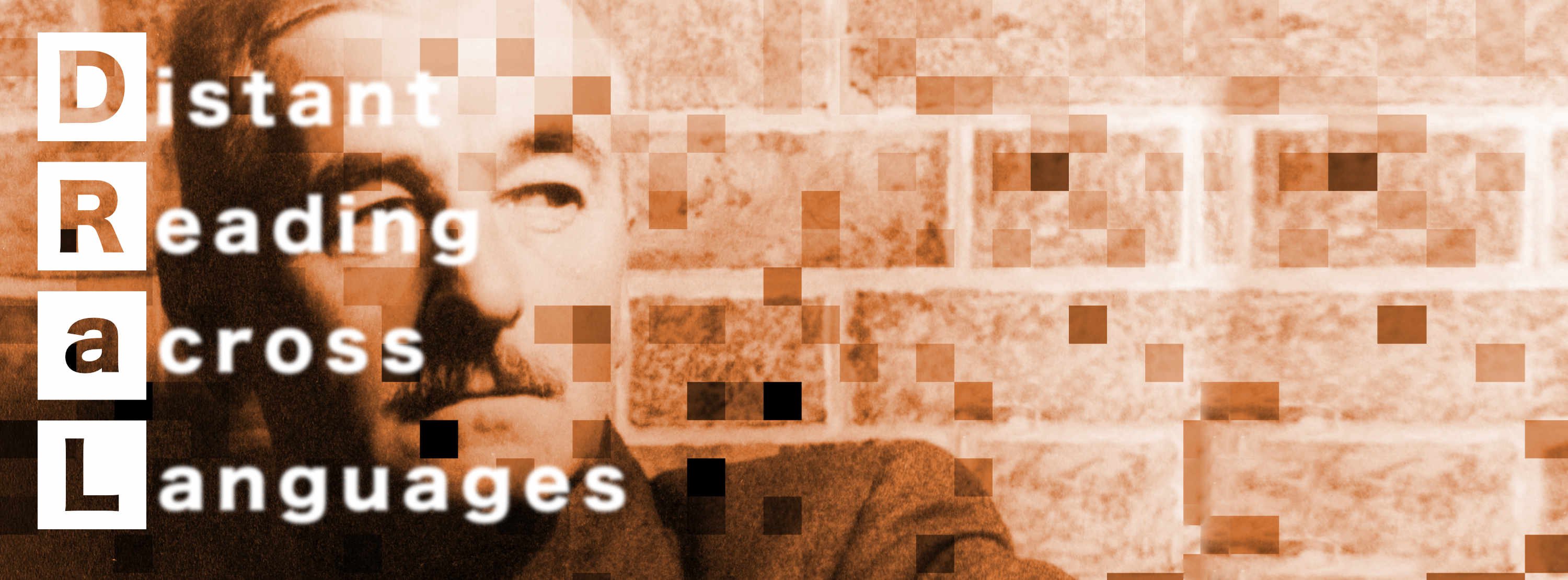2018-19
Supported by the Department of Digital Humanities (DDH) at King’s College London, Distant Reading across Languages (DRaL) is a collaborative project between DDH and KDL with a interdisciplinary team, including experts from research software engineering, UI/UX design, computational linguistics, and literary studies. The objective of the project is to experiment with the methods of distant reading and Digital Humanities approaches to explore translatorial responses to formal word repetitions.
The project has evolved from the PI’s PhD thesis centred on the critical interrogation of reductive epistemologies and practices of translation theories dependent on text quantification and computation. The project vision challenges the widely accepted view that translators, taught and thought to be avoiding repetition out of aesthetic boredom, routinely implement this principle in their practice. Underpinning the project is the important premise that human decisions are more complex and fuzzier than that, grounded as they are in the real and imaginary topographies of our encounters with texts. In reality, a translator’s choices are forged at the confluence of multiple factors from within and outside the text, such as word frequencies, content, and distance between repetitions, as well as contextual pressures and personal anxieties. DRaL aims to demonstrate this complexity via data modelling, computational processing and visualization.
The project works towards an exploratory model for collecting, processing, and visualising data from across languages. It explores practices of cross-linguistic textual processing that supports distant, deep, and close reading. DRaL set out with three translations of William Faulkner’s The Sound and the Fury (1929) into Lithuanian, Russian, and Polish, all produced under challenging ideological circumstances, to discover the imprints of Soviet censorship, social commentary, cultural asymmetries, genetic interdependencies among translations, and the like. Should the project attract further funding, more data from alternative translations and other languages such as French and Spanish will be gradually added. Our long-term goals are to expand the current database by including more languages and to automate more extensively the workflow from collecting to analyzing data. The approach is to align Faulkner’s repetitions as strings of non-contiguous items with the corresponding choices that translators made to pull out data on how repetitions were omitted or replaced with lexical variation. Our exploratory visualization is focused on representing this data as spatio-temporal patterns of human response.
To experiment with the project data visualisations, King’s Digital Lab developed a web application where textual data can be uploaded dynamically by project partners and visualised to observe and reflect upon patterns of repetitions (what the project calls ‘repeteme’) and omissions. The web application is implemented and published using well established open source software and widely used web standards, such as the Django web framework together with the Wagtail content management system package. The data feeding the visualisations (see dataset) was created as part of this PhD thesis; in liaison with the research assistant’s data curation work, KDL mapped the data to an ad hoc data model for the project, imported and stored it in a PostgreSQL database. The data model and digital solution created by KDL enabled also iterative data cleaning and verification stages via the tabular visualisations.
While the data model was mapped to the thesis dataset original structure, KDL solution optimised it and made it reusable for the potential repeteme analysis of other texts, provided they follow the same input format (see dataset).
The data is exposed as a JSON Web API. To create the visualisations, the data is rendered into the dynamic featured and exploratory SVG graphs or plots using D3.js libraries.
Despite the project being experimental, the data model and the Web API make the DRaL system extensible e.g. to enable the creation of new visualisations. The code for the project is available under MIT licence on KDL Github repository.
The team
-

Dr Gabriele Salciute Civiliene
Principal Investigator
Lecturer in Digital Humanities Education, Department of Digital Humanities (King's College London)
-

-

-

-

Natasha Romanova
Research Assistant
Student, MA in Digital Humanities (King's College London)



